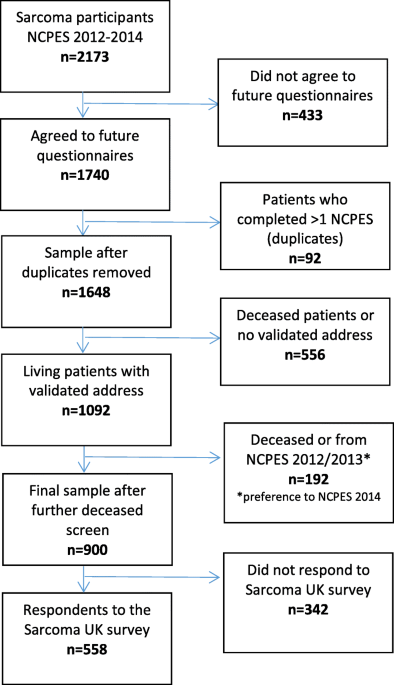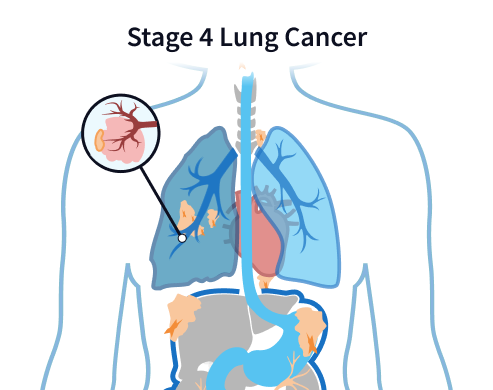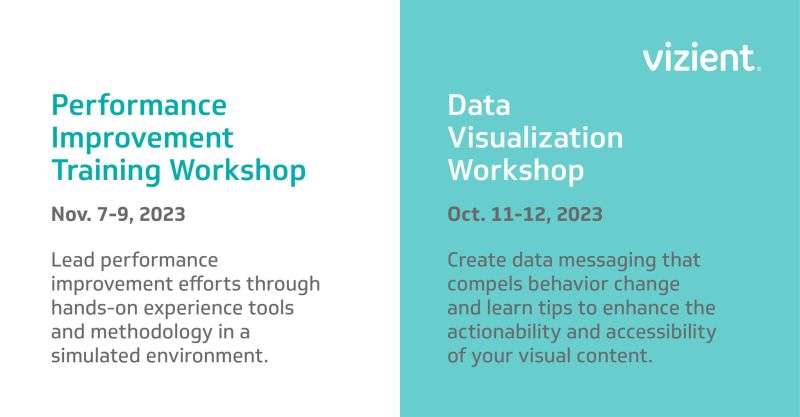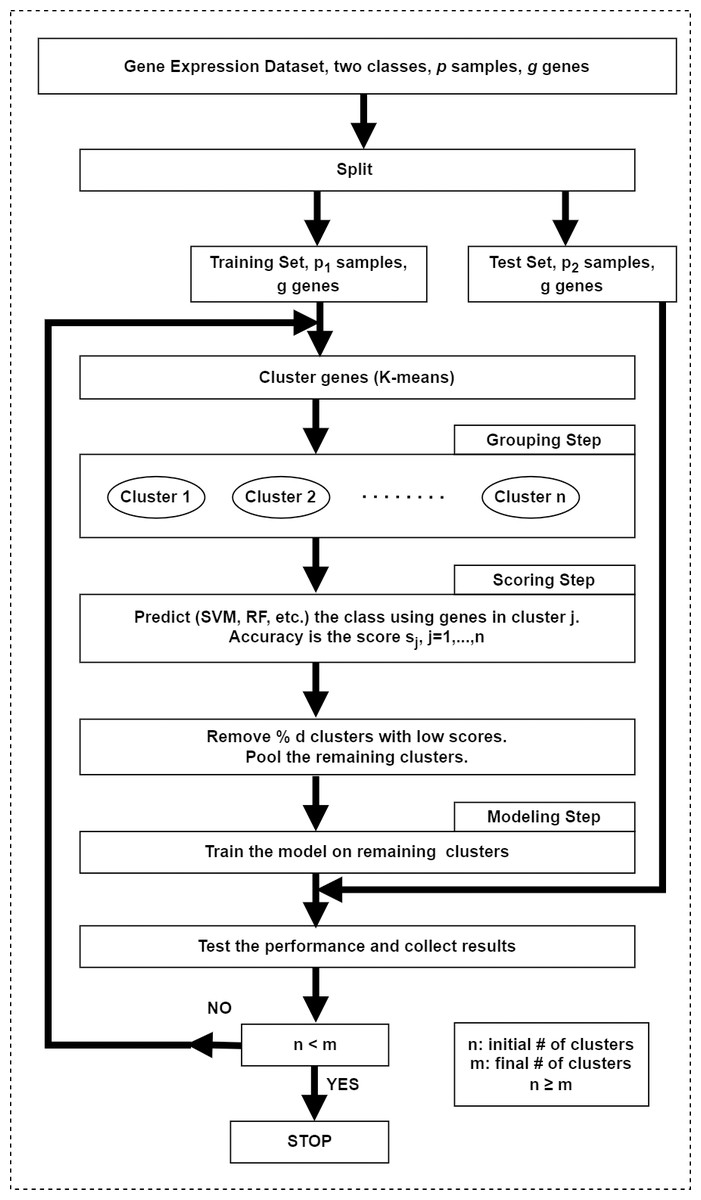Age-related sarcoma patient experience: results from a national survey in England, BMC Cancer

Sarcomas are rare, heterogeneous tumours affecting patients of any age. Previous surveys describe that sarcoma patients report a significantly worse experience than those with common cancers. Consequently, Sarcoma UK conducted a national survey and these data were examined for age- and tumour-related differences in patients’ experiences. Patients were randomly selected from respondents to National Cancer Patient Experience Surveys (n = 900). Differences between patient groups according to age (Adolescents and Young Adults [AYA] 18–39 years, middle-aged 40–64 years, elderly 65 + years) and tumour type (soft-tissue [STS] vs. bone]) were analysed with t-tests or chi-square tests. Survey response rate was 62% (n = 558; STS 75%, bone sarcoma 25%). Delay in diagnosis was reported; 27% patients (n = 150) waited > 3 months and initial symptoms were incorrectly interpreted; AYA STS patients were significantly more likely to be treated for another condition, or advised that their symptoms were not serious, than older STS patients. Clinical trial participation was low (6%, n = 35). Symptom burden was high, most commonly daytime fatigue (48%, n = 277) and pain (44%, n = 248). AYAs were significantly more likely to report most side-effects and post-treatment concerns than older patients. Elderly patients were more satisfied with the information and emotional support provided than younger patients, however were significantly less likely to be referred to rehabilitation services. This study identifies significant age-related differences in the sarcoma patient journey, which are not only related to variation in tumour-types. These results provide rationale for adopting an age-specific approach to the management of sarcoma patients in order to improve overall patient experience.

Stage 4 Asbestos-Related Lung Cancer

PDF) Incidence, Survival, and Mortality Trends of Cancers Diagnosed in Adolescents and Young Adults (15–39 Years): A Population-Based Study in The Netherlands 1990–2016
Incidence, Survival, and Mortality Trends of Cancers Diagnosed in Adolescents and Young Adults (15-39 Years): A Population-Based Study in The Netherlands 1990-2016. - Document - Gale OneFile: Health and Medicine

Quality of life and experiences of sarcoma trajectories (the QUEST study): protocol for an international observational cohort study on diagnostic pathways of sarcoma patients

Frontiers Patient healthcare experiences of cancer hospitals in

Global Cancer Statistics 2020: GLOBOCAN Estimates of Incidence and

PDF) Incidence, Survival, and Mortality Trends of Cancers Diagnosed in Adolescents and Young Adults (15–39 Years): A Population-Based Study in The Netherlands 1990–2016

Virtual versus in-person multidisciplinary musculoskeletal tumor
Reducing Cancer Risk AACR Cancer Progress Report 2023

Cancers, Free Full-Text

ESMO Guidance for Reporting Oncology real-World evidence (GROW) - ESMO Real World Data and Digital Oncology

Impact of Sarcopenia on Prognosis in Primary Hepatocellular











